Nigeria
British-Nigerian filmmaker Akinola Davies Jr. has made history at the 2025 Cannes Film Festival with his debut feature, My Father’s Shadow, the first Nigerian film to be officially selected for the festival's prestigious lineup. The moment marks a significant milestone for African cinema and signals a broader shift toward more nuanced, globally resonant African narratives.
“I never set out to be the first in anything,” Davies says. “We certainly didn’t know this would be the first Nigerian film in the official selection. Nigerians have understood the significance of this moment — and for me, representing Nigeria is a true badge of honour.”
Set in Lagos in 1993, My Father’s Shadow is a poignant meditation on fatherhood, nationhood, and brotherhood. It follows two young brothers spending a rare day with their estranged father, who takes them on a journey across Lagos to show them the challenges he faces trying to support his family. The film delicately explores themes of accountability, memory, and generational disconnect, all against the backdrop of a politically pivotal moment in Nigeria's history.
“I was in Nigeria at the time, as was my brother,” Davies recalls. “We were probably too young to grasp the politics, but we could sense something was happening. Through research, we realised how formative that period was. Yet, it hasn't been deeply documented until now.”
Shot entirely on 16mm film, My Father’s Shadow is as much a visual love letter to Lagos as it is a historical portrait. Davies’ choice to shoot on celluloid wasn’t just aesthetic, it was political and personal.
“I love the pace and imperfections of film. It allows you to spend more time with the actors and the crew. Lagos is incredibly cinematic, and I wanted to see the city I grew up in captured on the most beautiful medium possible,” he explains. “There were logistical challenges; no film labs on the continent meant we waited nearly a week to see dailies. But it was worth it.”
The film is a product of extensive collaboration. While financed primarily in the UK, My Father’s Shadow is co-produced by a Nigerian production company and features Nigerian talent both in front of and behind the camera. Davies is quick to acknowledge the privilege and support he received from partners like MUBI, Element Pictures, Match Factory, Fremantle, the BBC, and the British Film Institute.
“Not every filmmaker has access to these kinds of resources,” he notes. “But I hope this film shows what’s possible and that with the right collaboration and groundwork, more of us can get here.”
Davies is especially proud to contribute to the evolving tapestry of Nollywood, which he describes as “incredibly rich” in creativity, technical skill, and talent. While Nollywood is often associated with its prolific commercial output, My Father’s Shadow offers a different perspective — one that aligns more closely with arthouse cinema.
“I hope this paves the way for more space for nuanced dramas and auteur-driven stories,” he says. “Audiences are hungry for this kind of storytelling.”
As Davies’ groundbreaking debut garners international acclaim, it also reaffirms the importance of African filmmakers reclaiming their narratives and telling their stories, their way.
“For Nigeria to truly realise its potential, we need to tell our own stories — not through an external lens, but in a way that’s meaningful to us,” he says. “This film is a step in that direction.”





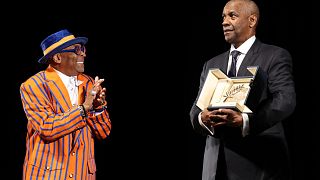


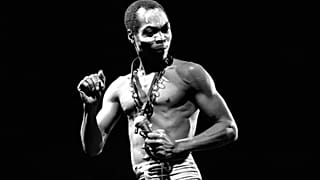
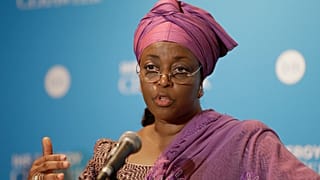
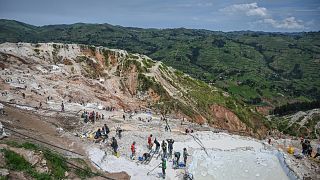
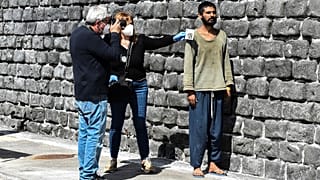
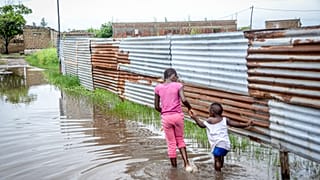
02:20
The Libyan filmmaker who fights for the return of cinema to his country
02:19
Kannywood: Northern Nigeria’s film industry chasing global fame
01:11
Claudia Cardinale, star of '8½' and 'The Leopard,' dies at 87
02:19
Sudanese feminist drama "Cotton Queen" warmly received at Venice Film Festival
00:57
Woody Allen’s appearance at Moscow film festival draws sharp condemnation from Ukraine
Go to video
Culture Club reunites at Tribeca Film Festival for emotional documentary premiere